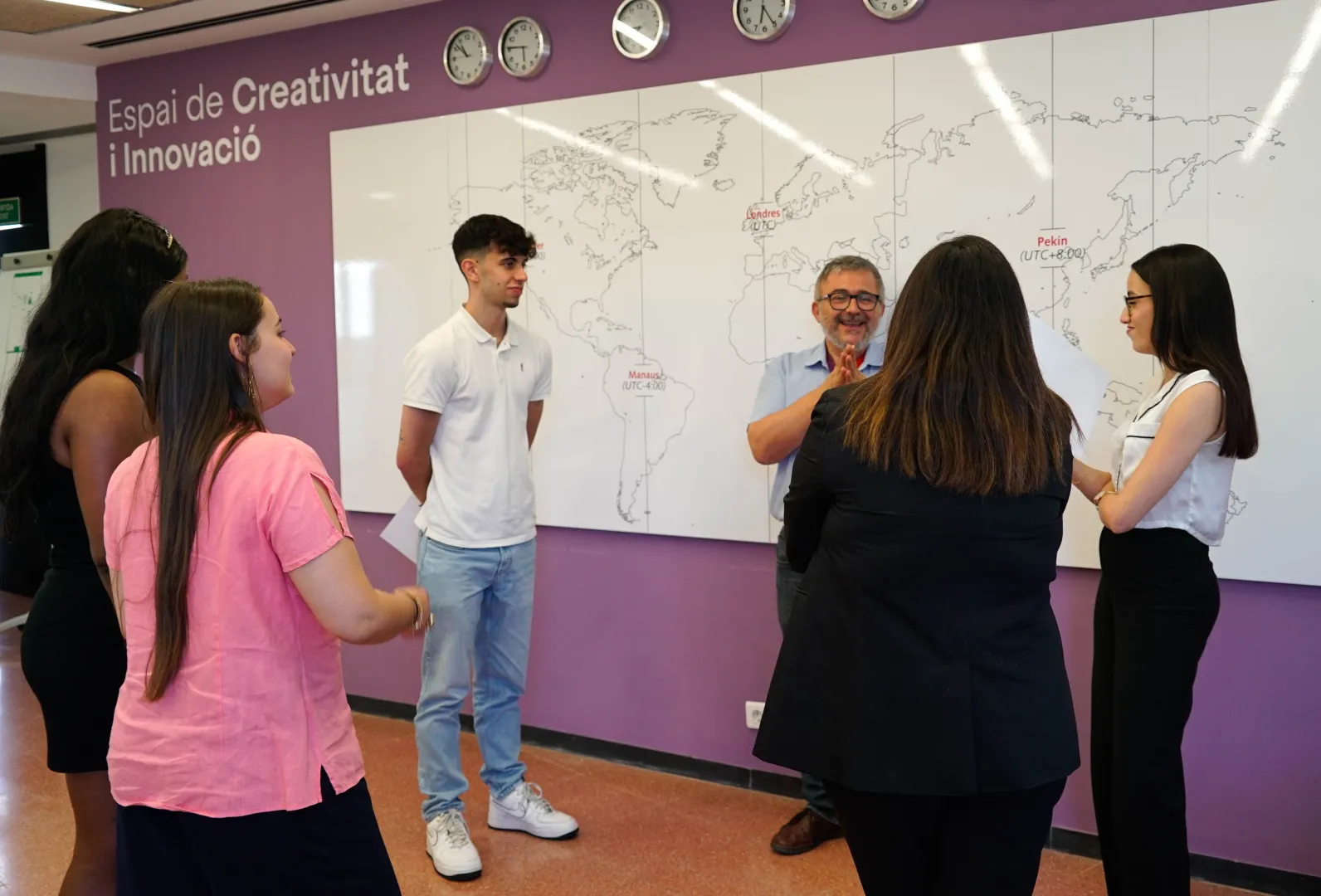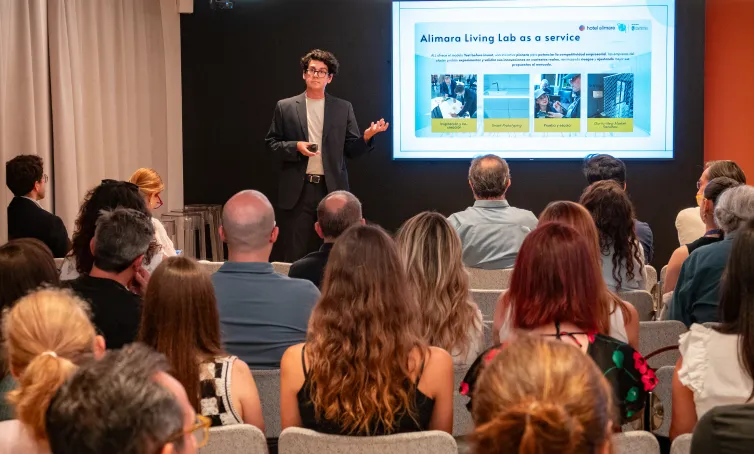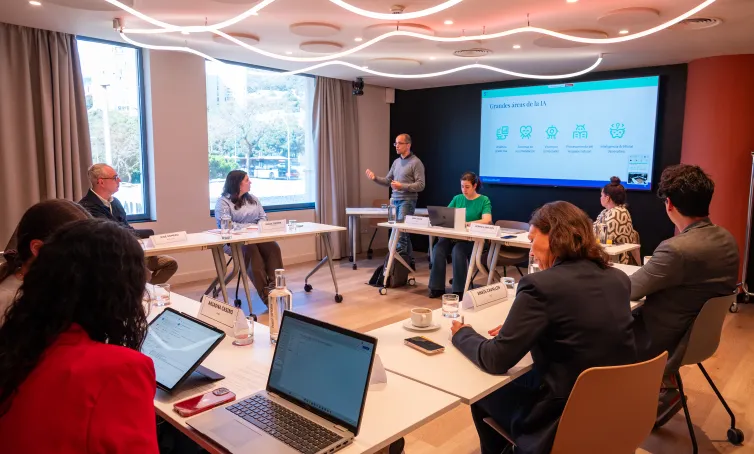"Our inspiration arose from the unique challenges of Barcelona and the opportunity to improve tourism through sustainable practices."

According to UN Tourism, tourism is the most important pillar of the blue economy for many coastal destinations, encompassing all economic activities that depend on the sea and are aimed at visitors. Among these is sports tourism, which is one of the sectors experiencing significant growth in tourism.
In this context, and considering the reality of the city, students and faculty from CETT-UB and RMIT University Vietnam in collaboration with Turisme de Barcelona have faced a challenge using the "COIL" methodology (Collaborative Online International Learning).
The challenge? Proposing responsible and sustainable tourism management solutions in the context of the 37th America's Cup and Barcelona's blue economy. This is a perfect opportunity to closely observe and understand how blue and sports tourism can and should consider all stakeholders to collaborate and ensure the management, regeneration, and conservation of the marine and coastal ecosystem and its biodiversity so that it contributes sustainably to the blue economy model that Barcelona is pursuing.
"This challenge was launched and worked on at a time when Barcelona was hosting the 2024 Decade of Ocean Science for Sustainable Development Conference and the city was preparing for the 37th edition of the America’s Cup," explains Dra. Elena Ridolfi, a CETT faculty member and project coordinator. "This international sporting event substantially depends on the socio-cultural, economic, and environmental integrity of the space where it will be held. Specifically, on the city’s millennial relationship with the sea, on the economic, productive, and commercial activities, such as gastronomy and tourism, carried out in the maritime and coastal environment through its resources."














